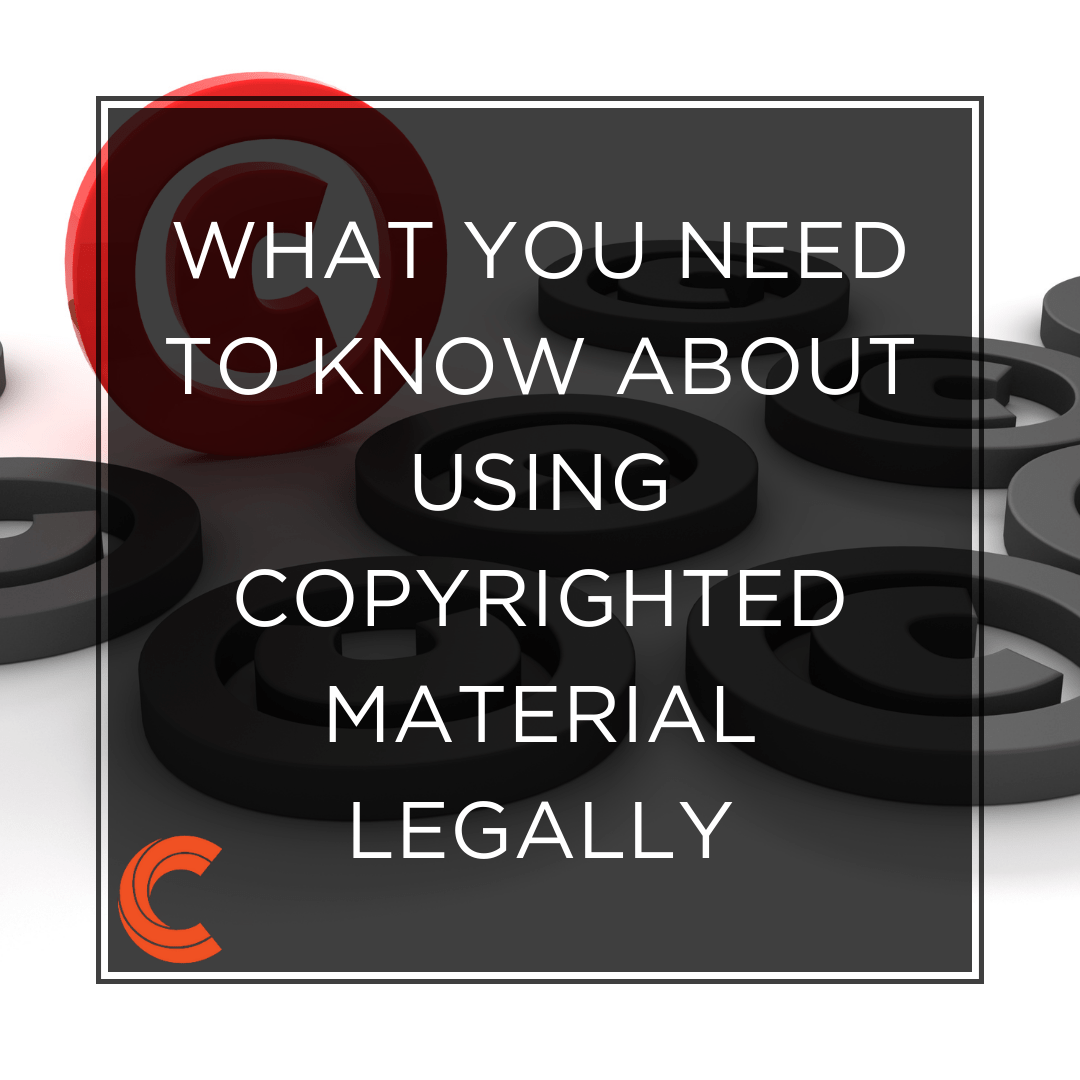The internet thrives on content creation and sharing. But have you ever wondered if it’s okay to use someone else’s copyrighted material in your work? The answer lies in the concept of fair use, a legal doctrine allowing limited use of copyrighted material without permission. Understanding fair use empowers content creators to use existing works legally while respecting intellectual property rights.
What is Copyright?
Copyright protects original works of authorship in a tangible form, such as:
- Literary works (books, articles, blog posts)
- Artistic works (paintings, photographs, sculptures)
- Musical works (songs, recordings)
- Audiovisual works (movies, videos)
- Computer software
Copyright grants the owner exclusive rights to control how their work is used, including:
- Reproduction (copying the work)
- Distribution (selling or sharing the work)
- Creation of derivative works (like adapting a book into a movie)
- Public performance (playing a song or showing a film publicly)
- Digital rights management (controlling electronic distribution)
What is Fair Use?
Fair use allows for limited, transformative use of copyrighted material without permission from the copyright owner. The goal is to strike a balance between protecting creators and allowing for creativity and free expression.
The Four Fair Use Factors
Four factors are considered when determining whether a use is fair:
- Purpose and character of the use: Non-commercial, educational, or critical uses are generally more likely to be considered fair.
- Nature of the copyrighted work: Published works enjoy less protection than unpublished works.
- Amount and substantiality of the portion used: Using a small, non-essential portion is more likely to be fair.
- Effect of the use upon the potential market: If your use harms the market for the original work, it’s less likely to be fair.
Examples of Fair Use
Here are some potential examples of fair use:
- Using a short clip from a movie in a critical review.
- Posting a photograph online with a brief commentary.
- Creating a parody of a copyrighted song.
Important Considerations Regarding Fair Use
Fair use is a complex legal concept with no clear-cut answer. Just because a use seems fair doesn’t guarantee it is. Here’s what to keep in mind:
- Fair use is a defense, not a right. If a copyright owner sues you, you’ll need to prove your use is fair.
- Fair use is fact-specific. What’s fair use in one case might not be in another.
- There’s no bright line. The four factors are weighed on a case-by-case basis.
When to Seek Legal Guidance
If you’re unsure whether your use of copyrighted material qualifies as fair use, it’s wise to seek legal advice. Consulting a lawyer specializing in intellectual property law can help you assess the situation and minimize the risk of copyright infringement. Lawyers like those at Carbon Law Group can provide guidance on:
- Evaluating the fair use factors in your specific situation.
- Offering strategies for using copyrighted material legally.
- Helping you obtain permission from copyright owners if necessary.
Alternatives to Using Copyrighted Material
If unsure about fair use, consider these options:
- Use royalty-free or Creative Commons-licensed content. Many resources offer content with permission for specific uses.
- Create your own original work. Develop your unique voice and perspective.
- Seek permission from the copyright owner. Contact them directly to request permission to use their work.
Conclusion
Understanding fair use allows you to leverage existing works creatively while respecting copyright. If you have questions about fair use or need assistance navigating copyright law, consider consulting with a lawyer specializing in intellectual property. Remember, seeking legal advice can provide valuable peace of mind and help you avoid copyright infringement issues.





